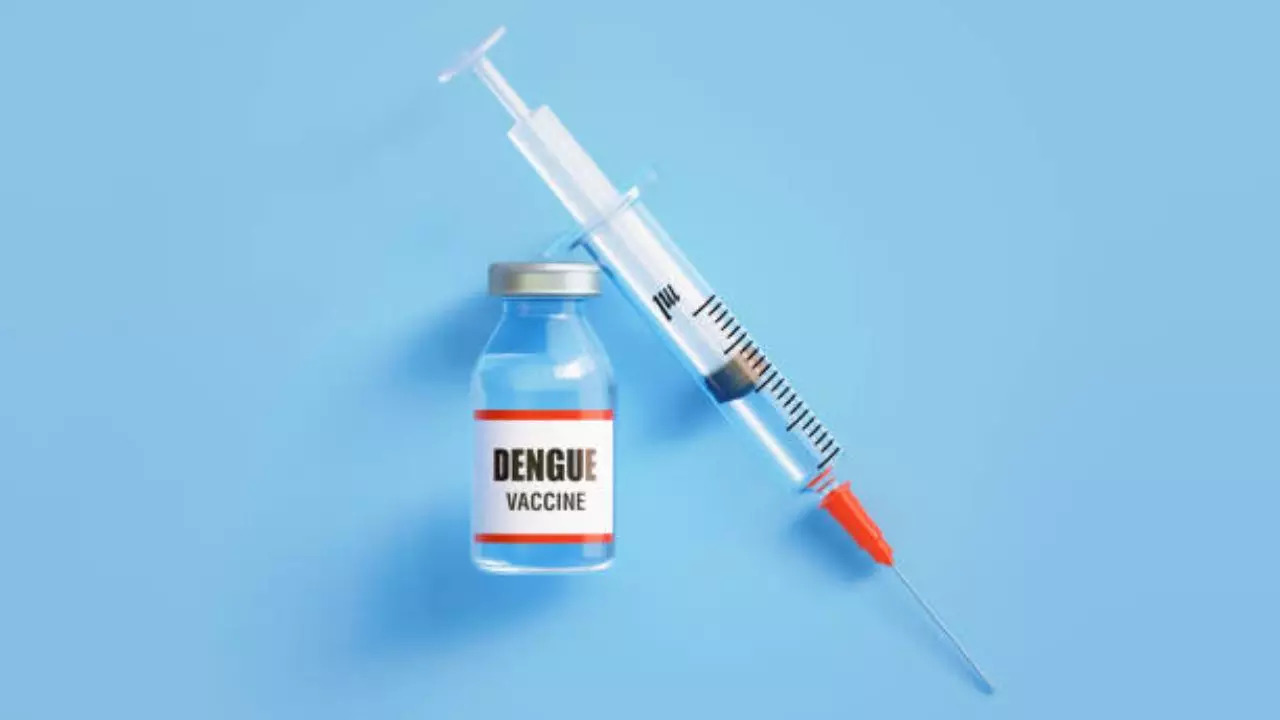India begins first ever Phase 3 clinical trial for dengue vaccine
ICMR and Panacea Biotec have started India’s first Phase 3 clinical trial for a dengue vaccine, Dengial. The trial is being conducted at 19 sites in 18 states, involving over 10,000 participants, marking a significant step towards tackling dengue. Read on for more details.

India begins first-ever Phase 3 clinical trial for dengue vaccine (Image courtesy: iStock)
The Indian Council of Medical Research (ICMR) and Panacea Biotech have started phase 3 clinical trials for the first time. Dengue Vaccine in IndiaAccording to a statement issued by the Union Health Ministry on Wednesday, this test is an important milestone in the efforts to combat Covid-19 in the country. DengueA mosquito-borne viral disease that poses a serious health challenge.
Panacea Biotec has developed the country’s first indigenous tetravalent Dengue VaccineThe vaccine has been named Dengueall. On Wednesday, the first participant was given the vaccine at Pandit Bhagwat Dayal Sharma Post Graduate Institute of Medical Sciences in Rohtak, Haryana. The third phase clinical trial will be conducted at 19 sites in 18 states and union territories, involving more than 10,335 healthy adult participants.
Union Health Minister JP Nadda emphasised the importance of this trial, saying, “The start of this Phase 3 clinical trial for India’s first indigenous dengue vaccine marks a significant advancement in our fight against dengue. It reflects our commitment to protect our citizens from this widespread disease and underlines India’s capabilities in vaccine research and development.”
Currently, India has no antiviral treatment or licensed vaccine for dengue. Developing an effective vaccine is particularly challenging as it requires strong efficacy across all four dengue virus serotypes, all of which circulate or co-circulate in different regions of the country.
The tetravalent dengue vaccine strain (TV003/TV005) used in Dengual was originally developed by the National Institutes of Health (NIH) in the United States. The strain has shown promising results in preclinical and clinical trials globally. Panacea Biotec, one of the three Indian companies to acquire this strain, has made significant progress in its development and holds a process patent for the vaccine formulation. Phase 1 and 2 clinical trials of this Indian vaccine formulation were completed in 2018-19, yielding encouraging results.
The current Phase 3 trial, primarily funded by ICMR with partial support from Panacea Biotec, will include a two-year follow-up trial with participants to assess the efficacy and safety of the vaccine.
Dengue remains a major public health concern in India, ranking it among the top 30 countries with the highest number of cases of the disease. According to the World Health Organization (WHO), global cases of dengue have steadily increased over the past two decades, with more than 129 countries projected to have reported cases by the end of 2023.
In India, about 75-80 percent of dengue infections are asymptomatic, meaning a person can carry and spread the virus without showing any symptoms of illness. However, in the 20-25 percent of cases where symptoms are present, children are at particularly high risk of hospitalisation and mortality. In adults, dengue can lead to serious complications such as dengue haemorrhagic fever and dengue shock syndrome, both of which can be life-threatening.
The successful development and implementation of Dengial could play a vital role in the fight against dengue in India, potentially reducing the disease burden and preventing severe outcomes in vulnerable populations.
Get the latest news on Times Now as well as breaking news and top headlines from across health and the world.
Dengue


